Morocco, June 20 (V7N) – The year 2024 was Morocco's hottest on record, the North African country's meteorological agency announced on Friday, a finding that mirrors the alarming global trend of rising surface temperatures. This marks the latest indicator of accelerating climate change impacts on the nation.
According to the agency's annual report, 2024 saw an average temperature anomaly of +1.49 degrees Celsius (2.7 Fahrenheit) compared to the 1991-2020 baseline period. The report highlighted a notable increase in thermal anomalies, particularly during the autumn and winter seasons. Several cities experienced record-breaking daily temperatures, including a blistering 47.6 degrees Celsius (117.7 Fahrenheit) in Marrakesh and 47.7 degrees Celsius (117.8 Fahrenheit) in Beni Mellal in July of last year. Morocco's all-time heat record, however, was set in August 2023, when temperatures soared to 50.4 degrees Celsius (122 Fahrenheit) in Agadir.
The record heat exacerbates an already dire situation for Morocco, which is currently enduring its seventh consecutive year of drought. The meteorological agency's report indicated an average rainfall deficit of -24.7 percent in 2024. While torrential rains in September 2024 caused deadly floods, claiming 18 lives, they "did not reverse the overall rainfall deficit," the report added, underscoring the severity of the long-term water scarcity.
Scientists consistently state that recurring heatwaves are a clear marker of human-driven global warming and are projected to become more frequent, longer, and more intense. Globally, 2024 was confirmed as the warmest year on record, and 2025 is currently projected to rank among the top three warmest years.
Morocco is particularly vulnerable to the impacts of climate change, with rising temperatures already affecting agriculture, water resources, and public health. The country's reliance on rain-fed agriculture makes it highly susceptible to variations in rainfall and prolonged dry spells, impacting livelihoods, particularly in rural areas. The ongoing drought has led to concerns about water reserves, with snowfall shrinking significantly and underground water levels rapidly depleting.
Experts emphasize the urgent need for robust adaptation measures, including early warning systems and heat-resilient infrastructure, to protect at-risk communities from the escalating climate crisis.
END/WD/RH/



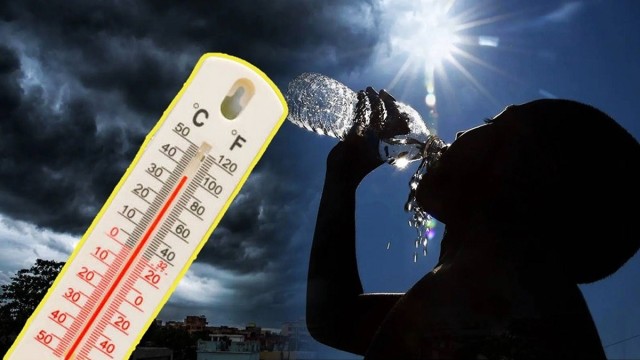
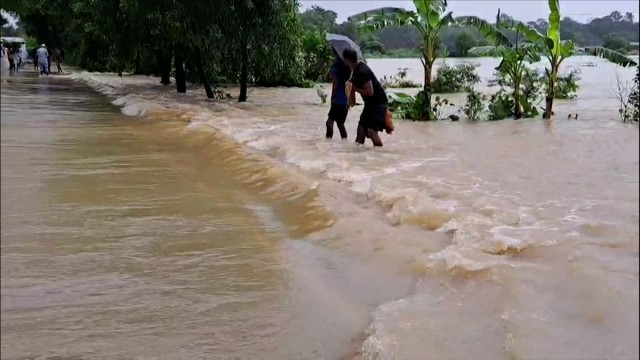

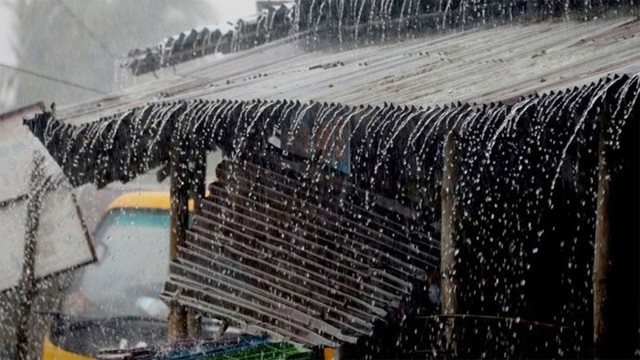
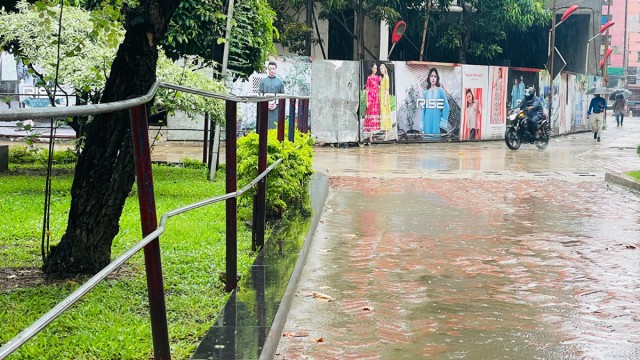
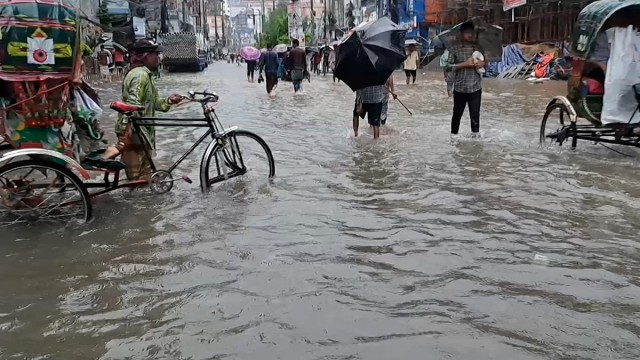





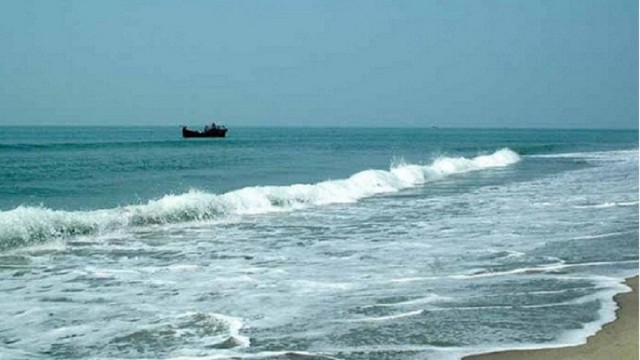




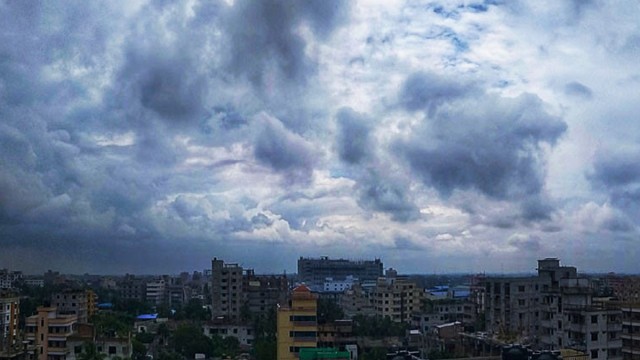



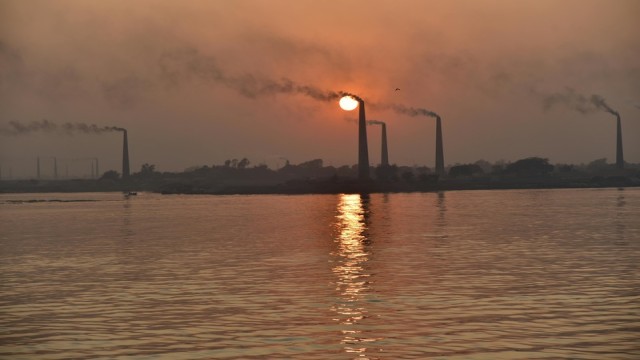

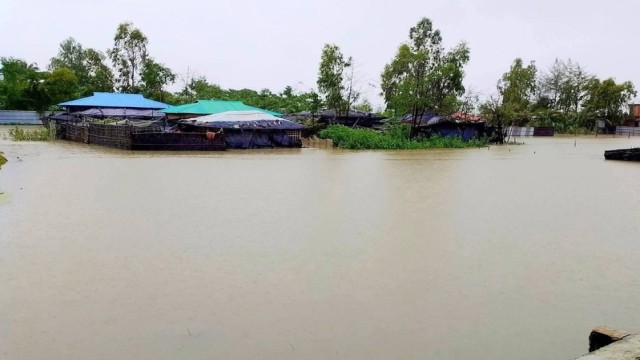
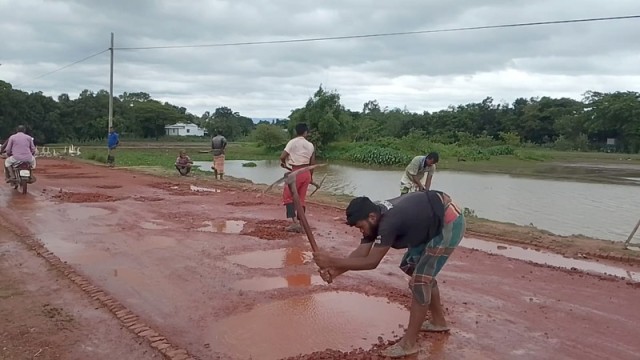




Comment: